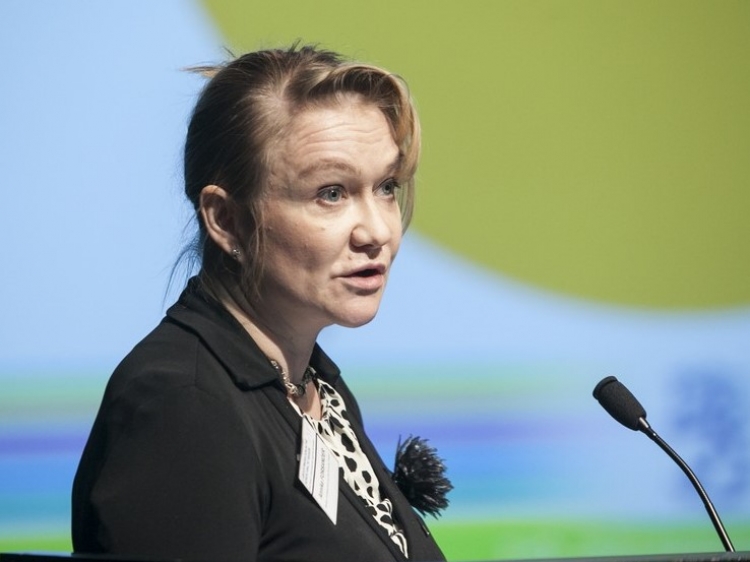When it comes to the impact of immigrants on the welfare state, are there any differences when it comes to EU, non-EU citizens? Immigrants from the Baltic States in the Nordic countries?
The problem about non-registered migrants does expand to non-EU citizens as well, because you can be legally in the country, for example if you have a residence permit, but not all the categories of those residing in Finland are entitled to work anyway. Many might be working under illegal conditions, they might be underpaid or their work security is not up to standards.
The difference between non-EU immigrants and those who come from the Baltic States or from the Nordic countries is in their numerousness. When non-EU migrants are in the country illegally they are really in trouble, because they don't have the protection that comes from EU relations.
Find out more
- Labour migration conference 2015: challenges for migrant workers in Denmark
- Labour migration conference 2015: impact of the Swedish labour migration law of 2008
- Labour migration conference 2015: integration of the second and third generations of migrantsints
- Presentations from the labour migration conference 2015
- Photos
- Nordic-Baltic labour migration and population development project

